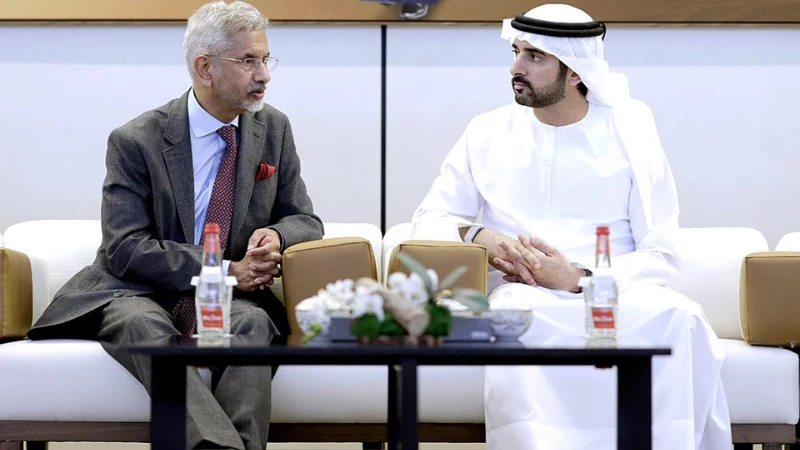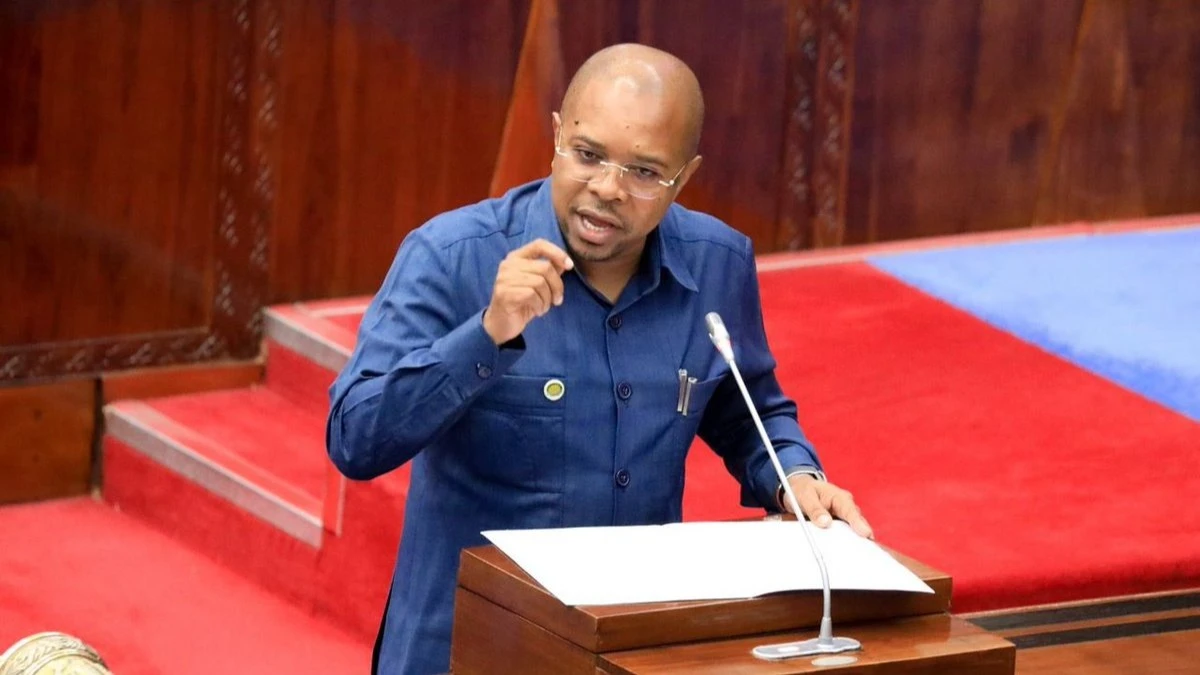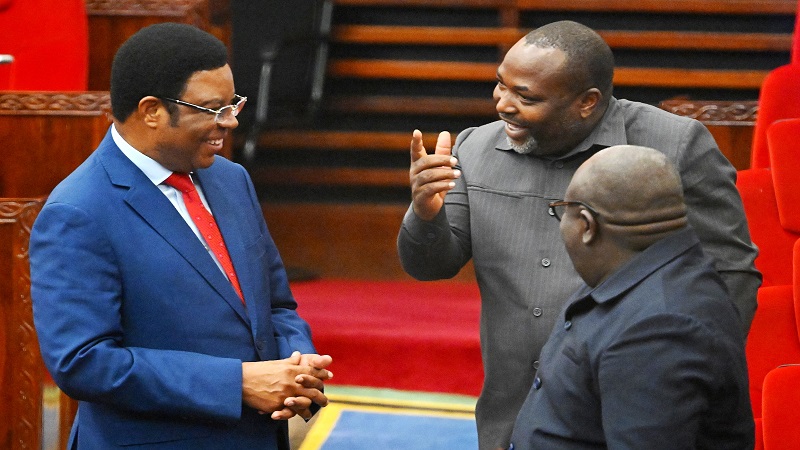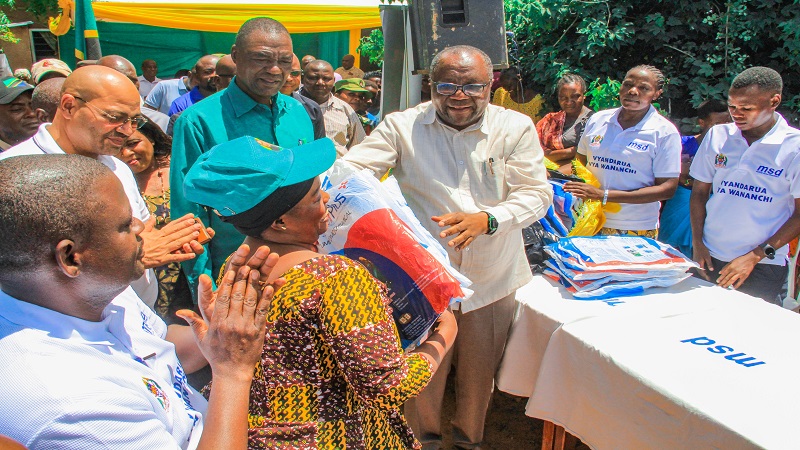TRA, TPSF working on rating taxes, compliance

CLOER partnership and collaboration between the revenue authorities and the Tanzania Private Sector Foundation (TPSF) is being forged to work on tax administration challenges facing investors and traders.
Yusuph Mwenda, the Tanzania Revenue Authority (TRA) commissioner general made the pledge in Dar es Salaam yesterday at a high-level consultative meeting between TRA and the heads of private sector organisations, vowing unconditional cooperation to ensure the government's goal of creating a friendlier environment for taxpayers is achieved.
TPSF organized the consultations on the motto “streamline tax administration for an improved business environment and investment climate,” with the TRA affirming that it will ensure there is an equal, fair platform between local and foreign investors.
“Our collaboration and partnership will help to properly regulate economic activities. The more you get profit, the more we collect revenues,” he remarked, underlining the benefits of collaboration in solving challenges relating to tax compliances.
He also raised the issue of multiplicity of tax-related agencies, affirming that all these initiatives are intended to improve the business environment, while reaffirming the goal of zero tolerance with tax rates interference.
“This is our main priority,” he said, reaffirming that TRA officials are under instructions to observe the relevant tax rates, hinting that action against officials breaching this code of ethics.
When TPSF and TRA work together this will improve tax compliance among traders in and across the country, he said, with TPSF chairperson Angelina Ngalula outlining key challenges that need to be reviewed. She listed them as fairness, high tax rates and compliance with tax administration regulations.
She said fairness lacks between traders within the East African Community zone, creating an unequal playground where foreign traders have greater benefits, asserting that the East African Customs Management Act of 2010 was agreed upon by all member states, but is not uniformly applied.
Harmonization of the workings of the customs union is vital to create a fair and competitive trade field among traders in the region, she emphasised, underlining that tax administration was a big challenge that traders encounter.
If well managed it will increase tax collection, she said, specifying that traders have no problem with tax laws but tax compliance by various sections of traders is a big challenge encountered when doing business.
She demanded that TRA look for alternative ways of widening the tax base in order to reach government targets of collecting tax and avoid drawbacks in development projects.
TPSF will be sitting on the table when it is needed for discussion on how to ensure that certain are friendlier to business firms, citing the key challenges facing the tax system as embedded in the tax structure. This includes a narrow tax base and over-dependence on international trade taxes, she asserted.
The Mainland tax system is composed of income taxes, value added tax (VAT), import duties and excise duties that are similar to levies.
Top Headlines
© 2025 IPPMEDIA.COM. ALL RIGHTS RESERVED






















